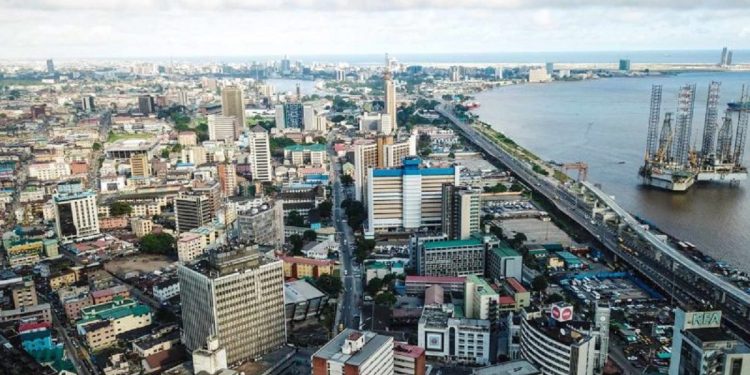As Nigeria continues its quest to industrialize and boost non-oil revenues, a new legislative proposal—the 30% Value Addition Mandate Bill—is emerging at the center of a heated national debate.
Designed to compel the local processing of raw materials before export, the bill promises significant economic gains, yet faces strong resistance from parts of the private sector.
Speaking at a press briefing ahead of the Africa Raw Materials Summit 2025, the Director-General of the Raw Materials Research and Development Council (RMRDC), Professor Nnanyelugo Ike-Muonso, in his presentation defended the proposed legislation, highlighting its potential to reshape Nigeria’s economic structure.
According to him, full implementation of the bill could increase the nation’s Gross Domestic Product by as much as 12% within a year. The ambitious projection, he said, is grounded in the massive value chain opportunities that local processing and industrialization can unlock.
“This bill is not just a regulatory tool — it is a strategic response to the structural weaknesses in Nigeria’s economic architecture,” Ike-Muonso stated. “It will strengthen our industrial base, create jobs, reduce raw material flight, and reposition Nigeria in global trade as more than just a primary commodity exporter.”
What the Bill Proposes
The 30% Value Addition Mandate Bill, currently before the National Assembly, seeks to require all Nigerian exporters to process at least 30% of any raw material locally before it can be exported. This includes solid minerals, agricultural products, and other natural resources.
The rationale, according to the bill’s proponents, is to drive local manufacturing, encourage investment in processing infrastructure, increase export earnings, and reduce Nigeria’s dependence on low-value raw material exports.
Economic Strategy: From Extraction to Transformation
The RMRDC sees this bill as a cornerstone of Nigeria’s long-standing industrialization ambitions. For decades, Africa’s largest economy has relied heavily on crude exports and unprocessed raw materials, missing out on the wealth-creating potential of value chains.
Ike-Muonso believes the bill could catalyze a new wave of import substitution and export diversification, helping the country transition from an extractive economy to a value-added, production-driven one.
He emphasized that beyond its economic merits, the legislation could stimulate significant downstream industries — from agro-processing and petrochemicals to steel and tech hardware assembly — potentially generating thousands of skilled jobs and reducing Nigeria’s import bill.
Opposition from Private Sector Groups
Despite the ambitious goals, the bill has sparked criticism from some stakeholders, most notably the Centre for the Promotion of Private Enterprise (CPPE). The organization argues that the mandate could backfire by imposing heavy compliance burdens on exporters, many of whom lack access to capital, processing facilities, or reliable infrastructure.
In a recent statement, the CPPE warned that the legislation, if passed in its current form, could have “significant adverse and unintended consequences” on manufacturers and exporters, especially small and medium-sized enterprises (SMEs). These players, the center contends, may be forced out of global supply chains due to rising costs and non-competitive pricing.
Critics have also questioned the timing, pointing to persistent challenges such as unreliable power supply, high production costs, and underdeveloped transport networks that already burden local manufacturers.
Balancing Vision with Practicality
In response to the criticism, Ike-Muonso acknowledged the concerns but urged stakeholders to view the bill through the lens of long-term national interest. He suggested that transitional provisions, government incentives, and public-private partnerships could be introduced to ease the compliance process and support businesses in meeting the local processing requirement.
“Transformation is never painless, but it is necessary. We must stop exporting jobs and value,” he said. “This is about building resilience and creating a sustainable future for Nigeria’s economy.”
The RMRDC is expected to further engage with industry groups, lawmakers, and international partners in the lead-up to the Africa Raw Materials Summit, which takes place from May 20–22 in Abuja. The event will provide a platform for deeper dialogue on how African economies can harness local resources for development, and the role of policy in driving industrialization. As Nigeria debates the future of its raw materials and industrial policy, the outcome of this legislative proposal could set a critical precedent — not only for resource governance but for the broader trajectory of the nation’s economic diversification strategy.















